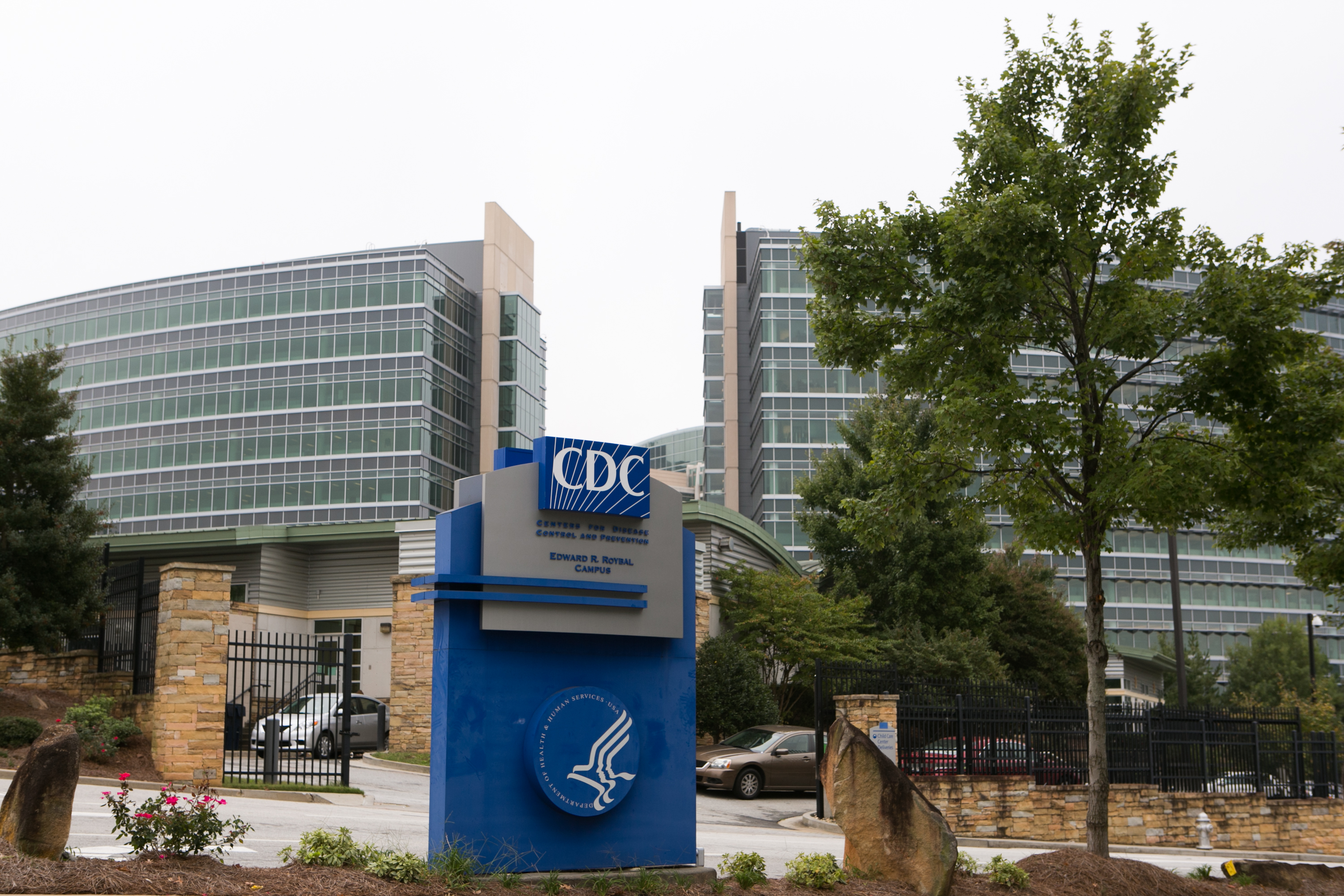Thousands are at risk of losing their health insurance after a federal judge ruled against Georgia’s request for an extended Medicaid deadline.
President Joe Biden‘s administration previously denied Georgia’s request to extend its deadline for part of the state’s Medicaid program, which is the only one in America that includes a work requirement for recipients.
Georgia’s Pathways to Coverage program is set to expire in September 2025. While the state requested to extend the program deadline to 2028, it didn’t follow the proper federal rules for extension, U.S. Judge Lisa Godbey Wood ruled this week.
Jessica McGowan/Getty Images
Pathways has enrolled more than 4,300 Georgians in the program, and state officials previously said as many as 345,000 are eligible.
In response, Georgia Governor Brian Kemp‘s office said they’d continue to work with the Centers for Medicare & Medicaid Services (CMS) to maintain Pathways’ viability.
“We are thankful that Judge Wood’s ruling reaffirms what we have said all along—that the Biden administration’s decision to revoke aspects of the Georgia Pathways program delayed its implementation, appropriately recognizing it as a ‘bad act,'” Garrison Douglas, a spokesperson for Kemp, told Newsweek.
“In accordance with the rest of her ruling, we will continue to pursue the necessary time to demonstrate the program’s viability by working with CMS. Just as before, we remain committed to this Georgia-specific, innovative initiative that leads not only to health care coverage but to better opportunity and coverage options for those who enroll in the program.”
The Pathways program is unique from other Medicaid coverage in that it mandates recipients must work at least 80 hours a month or otherwise be involved in volunteer work, school or rehab.
Pathways also sets a limit on insurance coverage to those who are able-bodied at the federal poverty rate of $15,060 for a single person.
Biden got rid of the work requirement in 2021, but Georgia was able to win back its original rules in a lawsuit. However, that shortened the Pathways five-year deadline to a little more than two years.
CMS already rejected Georgia’s request for extension twice, saying the state hadn’t met its rules for an extension request. Specifically, CMS requires a public notice and comment period.
Wood reinstated Biden’s ruling that Georgia did not meet the requirements and said the state was not allowed to “now skirt the rules and regulations governing time extensions.”
“If Georgia wants to extend the program beyond the September 30, 2025, deadline, it has to follow the rules for obtaining an extension,” Wood wrote.
Michael Ryan, a finance expert and the founder of michaelryanmoney.com, said the core issue between Georgia and the Biden administration has been procedural.
“Georgia failed to follow federal rules requiring public notice and comment for Medicaid changes,” Ryan told Newsweek. “The judge is essentially saying ‘rules are rules,’ even for state governments.”
If thousands end up losing health coverage because of the shorter deadline, Ryan predicts higher health care prices as more people delay care until they are in emergency situations.
He also said countless families could go bankrupt because of unexpected medical bills without Medicaid.
“Low-income Georgians may now face impossible choices between health care and other necessities,” Ryan said. “This makes it not just a health issue but a financial stability issue, too.”
Georgia has options. It could reapply for an extension, following the proper procedures listed by Wood, consider full Medicaid expansion under the Affordable Care Act or develop a new, less restrictive plan that could prompt faster approval, Ryan said.
“It puts recipients in a difficult situation, but, at the same time, it’s hard to not put the blame at the hands of the state,” Alex Beene, a financial literacy instructor at the University of Tennessee at Martin, told Newsweek.
“The good news is legislators in Georgia are saying there’s still hope to work some deal out if they can move fast enough. The problem obviously is the government rarely moves quickly on anything, and that could open up thousands of recipients to losing coverage. If you’re in this group, it’s better to start assessing your options if no deal is worked out to extend coverage.”
Chris Fong, a Medicare specialist and the CEO of Smile Insurance Group, said the Pathways program, as it stands, has logic in its structure but “leaves out many who direly need Medicaid.”
“The judge seems to have denied the extension due to a procedural issue,” Fong told Newsweek. “It doesn’t seem like Georgia is unable to correct the problem, but it will take time to go through the public notice and comment phase. If the Georgia Pathways program is not extended, then the 4,300 people enrolled will be pushed into getting health insurance elsewhere.”
Uncommon Knowledge
Newsweek is committed to challenging conventional wisdom and finding connections in the search for common ground.
Newsweek is committed to challenging conventional wisdom and finding connections in the search for common ground.

